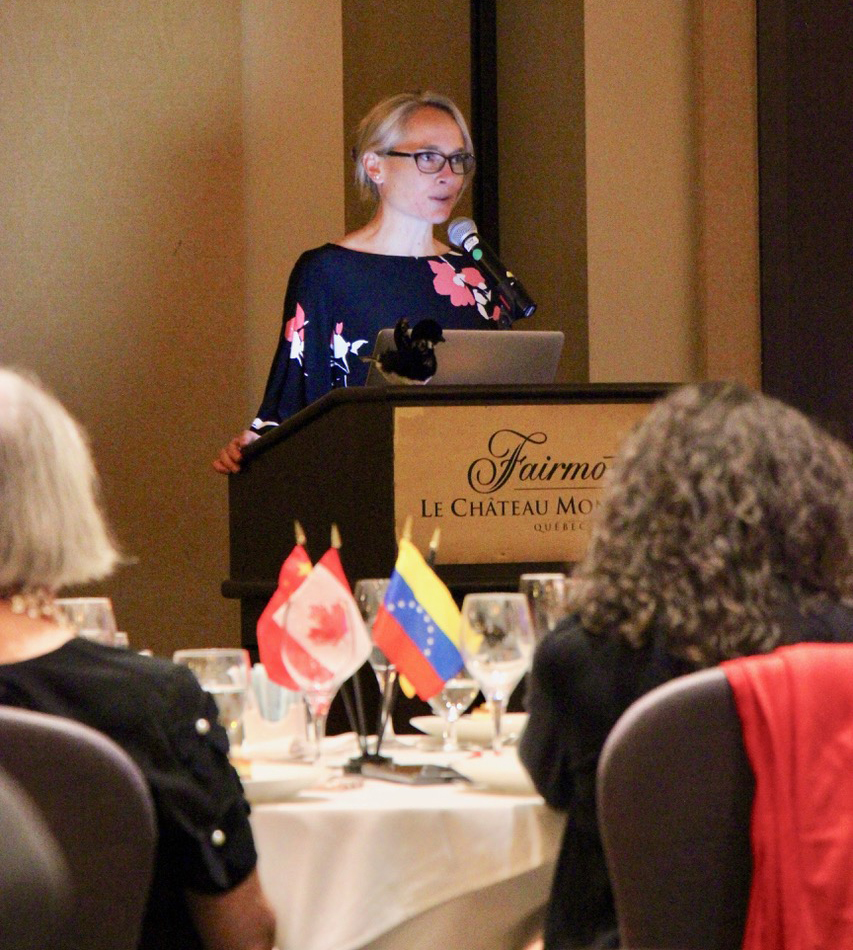Additional Topic Suggestions
- Difficult conversations
- Emotions and empathy in the workplace
- Preventing burnout and managing stress
- Strategic visioning
- Understanding Trust

For over twenty years, Jennifer has lead individuals and teams through personal and professional development.
Jennifer spearheaded her organization’s professional development program, which now consists of multi-day in-person workshops, synchronous and asynchronous virtual learning programs, and one-on-one coaching. Her experience in high-stress environments throughout her career has informed her interest in wellness; she is also trained in Crisis Intervention and is a certified compassion fatigue educator.
We may not be paramedics or police officers, but many of us have dealt with the stress of caring for others, faced dwindling resources, and struggled with work/life balance in our work. Join Jennifer for an interactive workshop that goes beyond the usual self-care strategies to provide research-based tools and resources to support your work.
Physical distance is not the death knell to effectively collaborating and forming strong relationships. In fact, we can all think of examples of co-located teams that struggle with productivity and morale. Jennifer lead a virtual non-profit in a service industry for nearly 20 years, across multiple time zones, from coast to coast. Long before the pandemic, her organization was exploring the pitfalls and benefits of virtual work. Join her to learn about how to build (and keep!) great teams in a virtual environment, what tools to consider using (other than zoom), and how to get away from the office when the office is in your bedroom.
Our host families represent one of the most valuable assets in every international student program. But are you confident that you’re compensating them fairly? Are your expectations of them reasonable? How do they want to be recognized? How can you reduce turnover in your host network? Join Jennifer as she reviews the results of a survey of 4,000 active hosts across Canada.
International education in Canada usually necessitates intercontinental travel. As homestay providers, we invite students to live the Canadian lifestyle, and inflate their carbon footprint to Canadian size along the way. While this is a topic we should address out of our own sense of responsibility and conscience, it also presents a possible threat to our industry. This session invites attendees to be optimistic and solutions-oriented about the environmental impact of homestay. We will discuss ideas to minimize the environmental impact of our work and student & host experiences, and aspire to be a positive influence on the climate impact of Canada’s international education sector in general.
“Being a good person means trying to be better, rather than believing in the illusion that you are always a good person.” – Dolly Chugh
What is implicit bias, and how does it show up in the workplace? How should we respond when we observe bias, either overt or unconscious, in others? What are you doing in your programs, with your teams, and in relation to your vendors to confront bias and discrimination, and develop globally competent organizations? In an age of Equity, Diversity and Inclusion, what’s the next step?